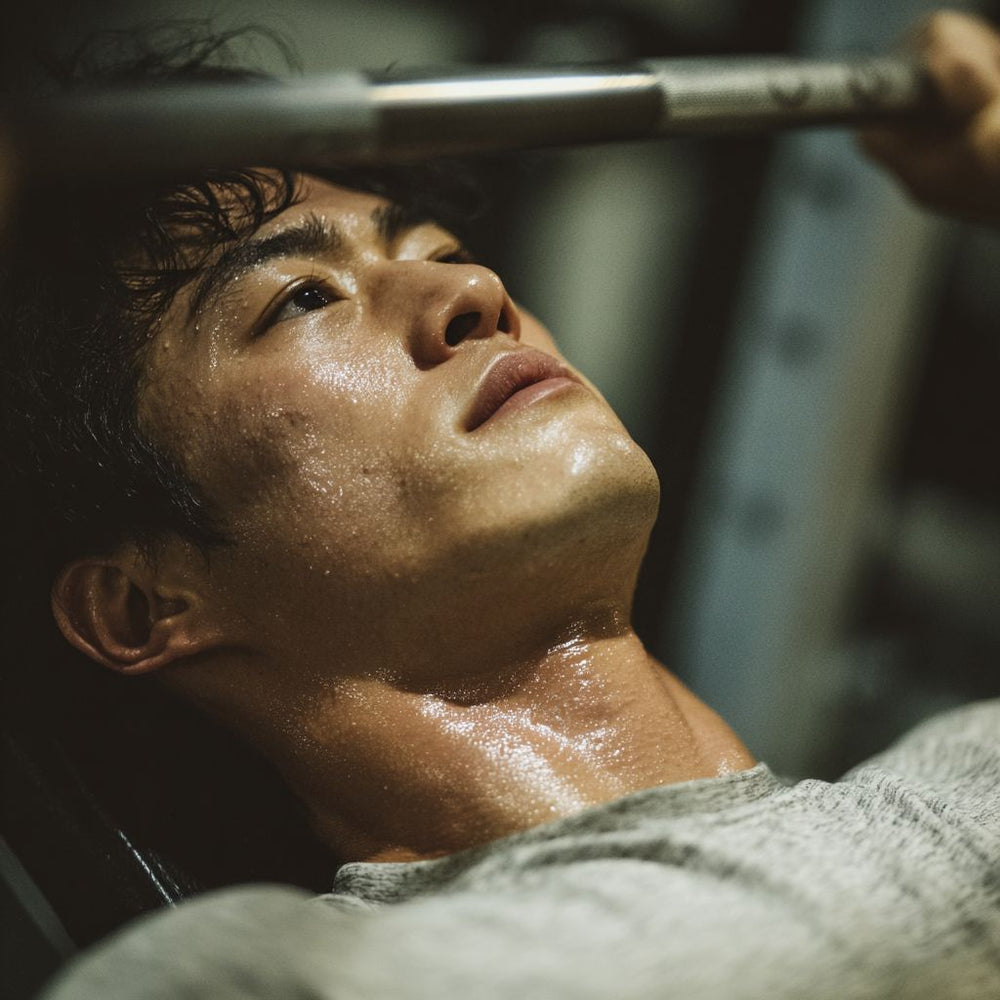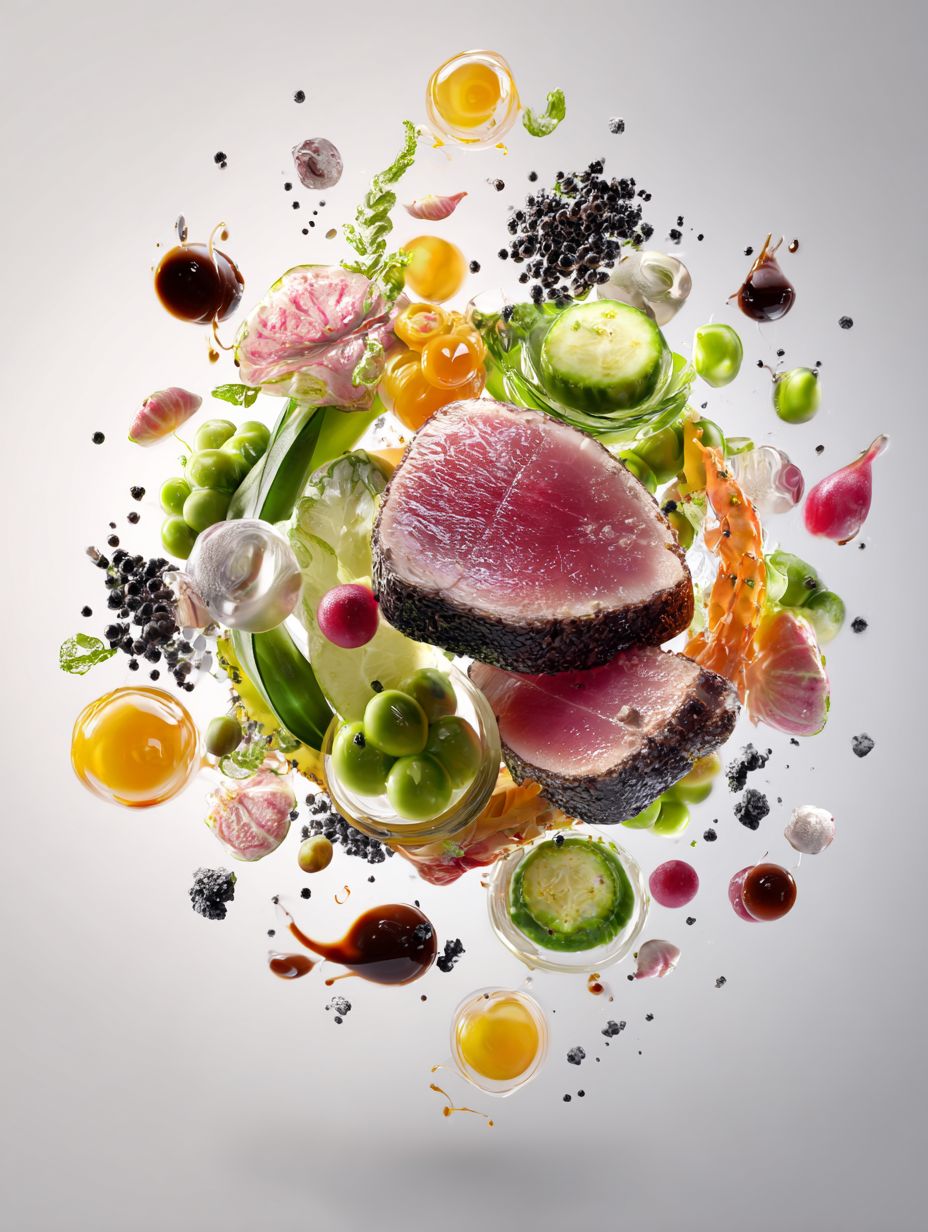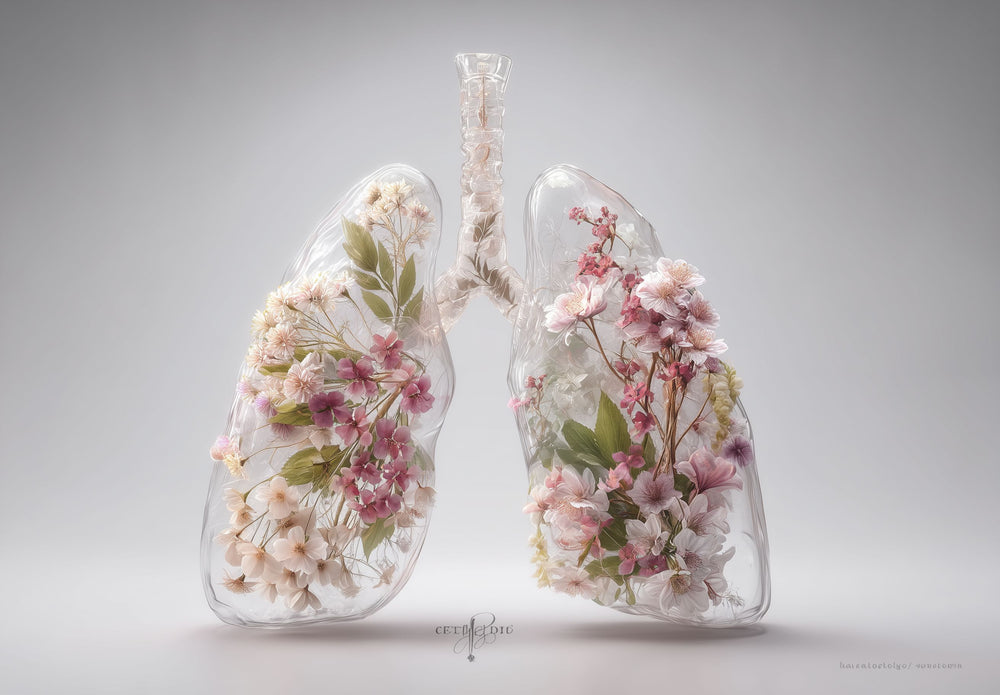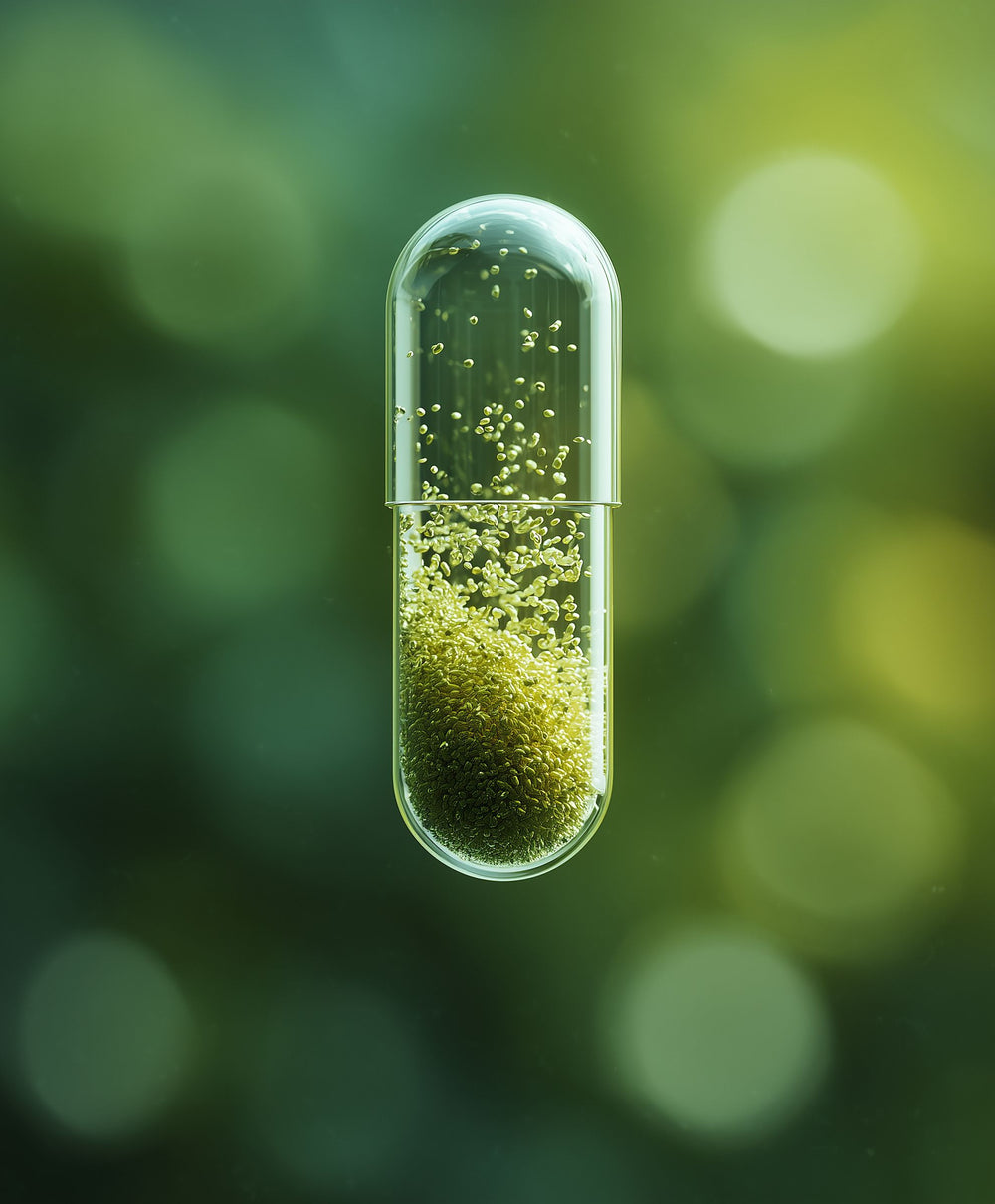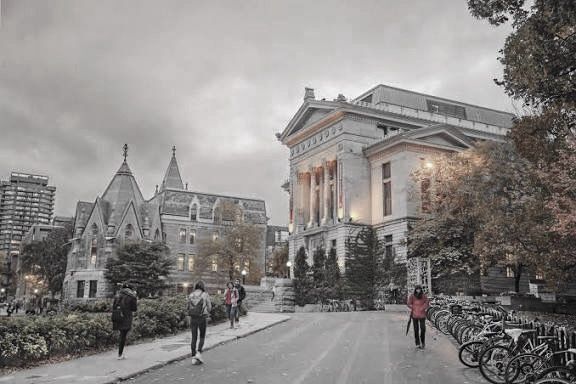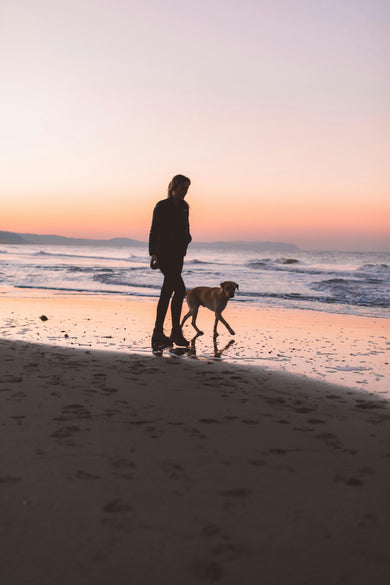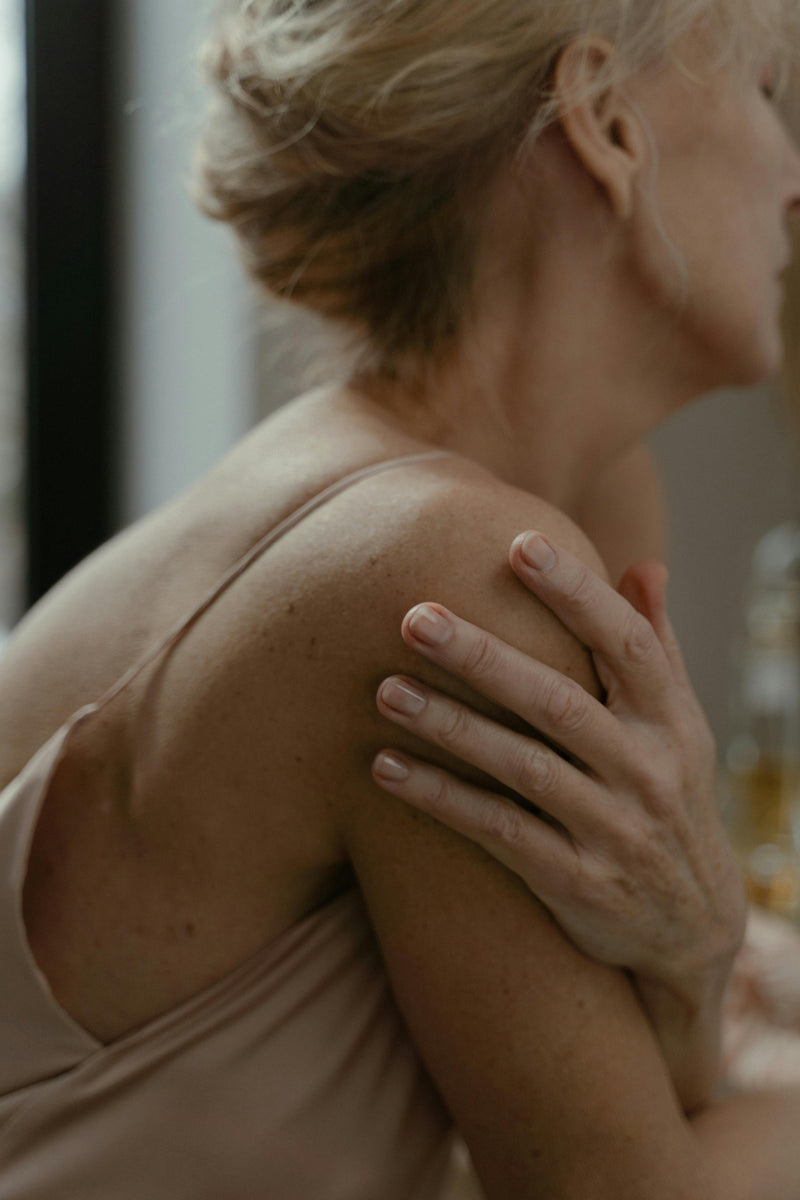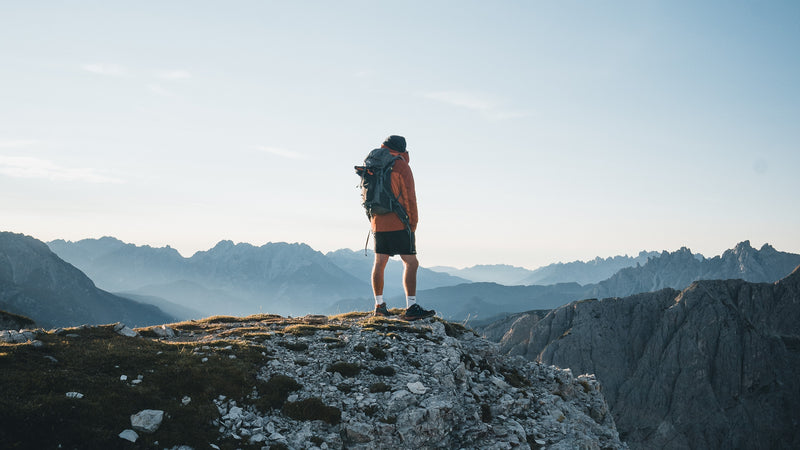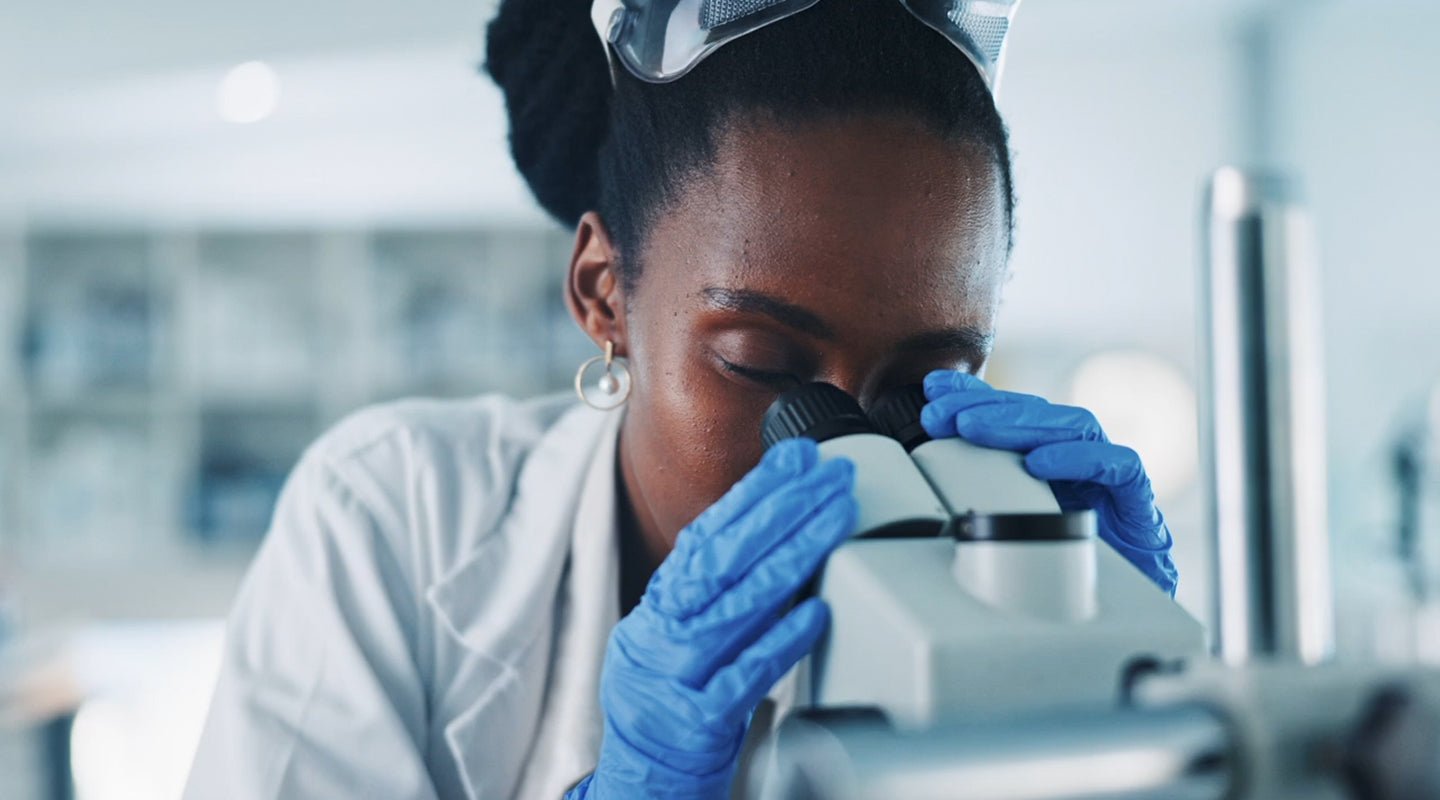
About Us
Welcome to a New Age.
Science-backed supplements designed to complement a balanced longevity regimen.
Our Principles
The Values That Guide Us
Science-First Formulas
Every ingredient is chosen based on peer-reviewed research, not trends. Our formulas are built on data, not hype.
Triple-Tested for Purity
Manufactured in GMP-certified UK facilities and tested at accredited third-party labs in California for unmatched quality and potency.
No Fillers. No Nasties. Ever.
We use only what your body needs — no artificial additives, no fluff, no compromises.
How Fivescore Began
About the Founders
Ali Tariq
Founder & CEO
After spending 15 years neglecting my health while building my career, everything changed when the pandemic hit. I decided to take control of both my physical and mental well-being. Over the next six months, I lost 16 kg (35 lbs) and got into the best shape of my life.
That journey introduced me to the fascinating world of epigenetics. I began refining my daily habits — optimizing my diet, practicing intermittent fasting, prioritizing sleep, and incorporating evidence-based compounds and supplements.
What struck me most was how broken the online longevity supplement market is. Many products are fake or severely under-dosed. One 2021 U.S. study found that nearly 65% of NMN supplements sold on Amazon contained less than 1% of the advertised active ingredient. That was unacceptable to us.
That’s why we created Fivescore Labs— a trusted, science-backed source for longevity compounds people can actually rely on.
Fivescore Labs is the region’s first consumer longevity brand co-founded by Ivy League trained scientists, and we’re driven by a simple belief: everyone deserves fair access to the real science of extending healthspan and lifespan.
When you combine regular exercise, a nutrient-rich diet, intermittent fasting, great sleep, and a basic understanding of geroscience, there’s no reason we can’t all live long, healthy, and productive lives.
I started Fivescore Labs with three of my closest friends — Hani, Leia, and Yazan — who have devoted their careers to healthcare, cancer oncology, and nuclear medicine. We’re incredibly excited about the future of aging research and proud to be part of the longevity revolution.
I graduated from McGill University in Canada. I’ve also completed a Certificate of Achievement in Genetics and Genomics from the Stanford Center for Professional Development in partnership with Stanford School of Medicine. In my free time, you’ll find me doing HIIT, running, lifting weights, or reading the latest longevity research. My personal goal? To live a vibrant, healthy life well into my 100s (fingers crossed!).
Dr. Hani Halabi, MD, MSc
Co-Founder & Scientific Adviser
My passion for caring for people and making a real difference led me to medicine. At 17, I left home and moved to Montreal to study.
After earning my MD from McGill University Faculty of Medicine, I chose the challenging path of caring for cancer patients and became a radiation oncologist. I completed fellowship training at Harvard Medical School, then returned to McGill as Associate Professor of Radiation Oncology.
After a number of years in academia, I joined Cancer Treatment Centers of America (part of City of Hope National Cancer Center) in Atlanta. In 2022, I fulfilled a long-held dream of returning to the region to be closer to family and friends.
As an oncologist, I work with elderly patients every day. I’ve seen firsthand how differently people age — not all 80-year-olds are the same. Age truly is just a number when you take the right holistic approach.
Prevention is the best medicine. That’s why we’re on a mission to empower you with the best tools, protocols, and lifestyle strategies so you can stay younger, healthier, and sharper — physically and mentally — for as long as possible.
Dr. Yazan AlAbed, MD, PhD
Co-Founder & Scientific Adviser
I’m a Harvard- and McGill-trained physician-scientist. My fascination with longevity began during my PhD, where I studied nerve regeneration and identified key molecular pathways that allow the central nervous system to repair itself after injury — work that led to several patents.
That research gave me a deep appreciation for the body’s natural ability to heal and reverse damage when given the right support.
I also completed a fellowship in PET/CT Cancer Imaging at Dana-Farber Cancer Institute, Harvard Medical School.
As both a doctor and a scientist, I believe in promoting health through early detection, evidence-based lifestyle choices, and the responsible use of proven longevity compounds as part of a balanced regimen.
We’re beyond excited to build Fivescore Labs into the region’s champion for extending both lifespan and healthspan — and we hope our work supports you on your own longevity journey.
Leia Baldwin
Operations
Growing up in Canada in a family of healthcare professionals, I was drawn to nursing early on. I became an ICU nurse in Montreal, where long shifts taught me just how much stress the body can endure — and how crucial exercise and healthy habits are to staying resilient.
I’ve seen the incredible difference a proactive approach makes in preventing age-related decline. That’s why I became a certified personal trainer, helping people with demanding jobs build sustainable fitness routines. I also hold a Bachelor’s degree in Nursing from McGill University.
To me, proper nutrition is just as important as movement when it comes to longevity. I’m so excited to share our evidence-based protocols with you and hope — even in a small way — we can help you become the healthiest, most vibrant version of yourself.
Our Philosophy
Our Approach to Living Well
